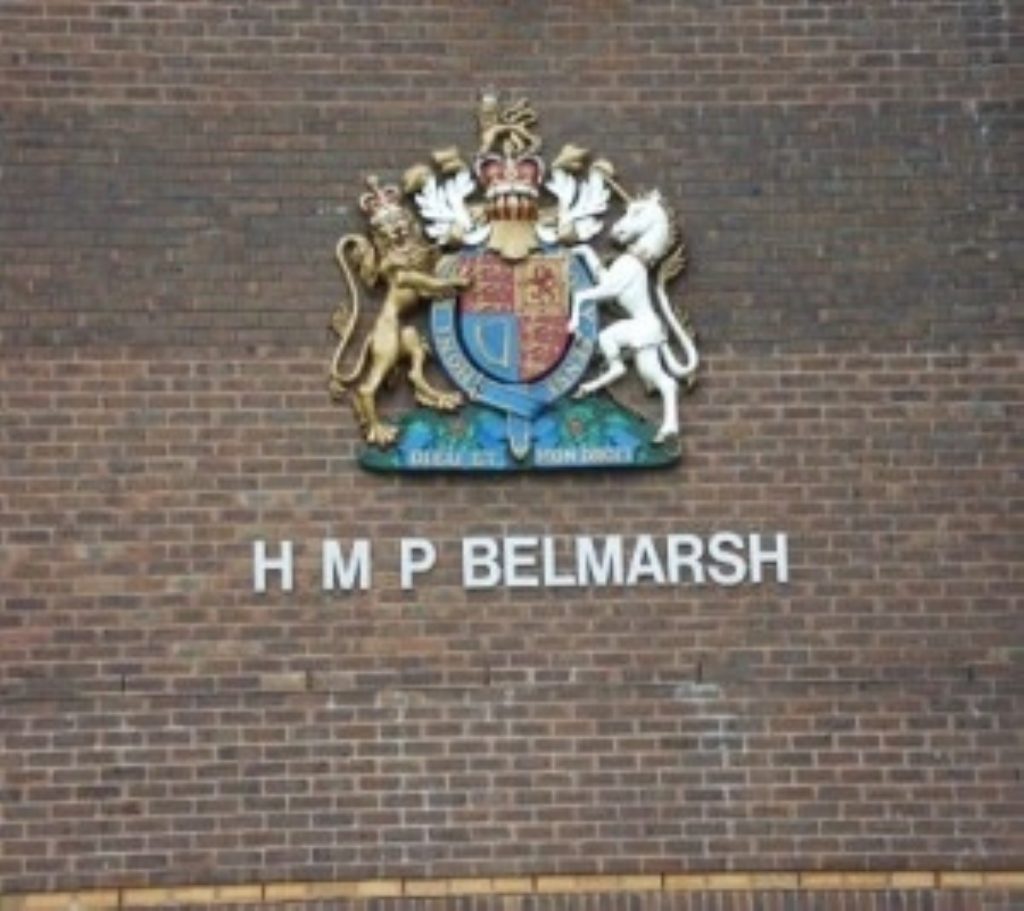Law Society calls for end to Belmarsh detentions
Indefinitely imprisoning terror suspects without charge or trial is “totally unacceptable”, the Law Society has said today.
The organization, which represents 90,000 lawyers in England and Wales, has urged the Government to resolve the cases of nine foreign suspects held without trial since December 2001.
The Law Lords last month ruled that their detention under anti-terror laws at Belmarsh and Whitemoor prisons broke human rights laws.
The men can leave if they find another country willing to accept them, but the Government is unable to deport the men because of the risk they may face torture or persecution.


New Home Secretary Charles Clarke said that he was looking again at the possibility of reaching an agreement with some north African countries that, if deported, the men would not face torture or execution.
A full Government response to the Law Lords’ ruling is expected within a few weeks.
Law Society president Edward Nally said though that action is needed now, saying: “It is essential that emergency terror legislation protects the country without compromising the Government’s duty to uphold fairness and justice.
“Indefinite imprisonment without charge or trial is totally unacceptable. Some of these prisoners have now been detained for three years and the time has come for them to be tried or released.
“The rule of law must prevail and the Government can no longer ignore the Law Lords’ ruling.”
The issue is fast becoming a major issue for the Government ahead of the general election, expected in May.
Last week Rick Scannell, one of the barristers appointed as “special advocate” to represent the detainees’ interests, resigned in protest at the Government’s failure to act.
This followed the resignation of Ian Macdonald QC, one of the most senior special advocates, the month before. He attacked the anti-terror laws as “odius”.
“I am not surprised that lawyers are increasingly frustrated by the Government’s apparent lack of respect for the law and human rights,” continued Mr Nally.
“What is happening contravenes fundamental legal principles.”

